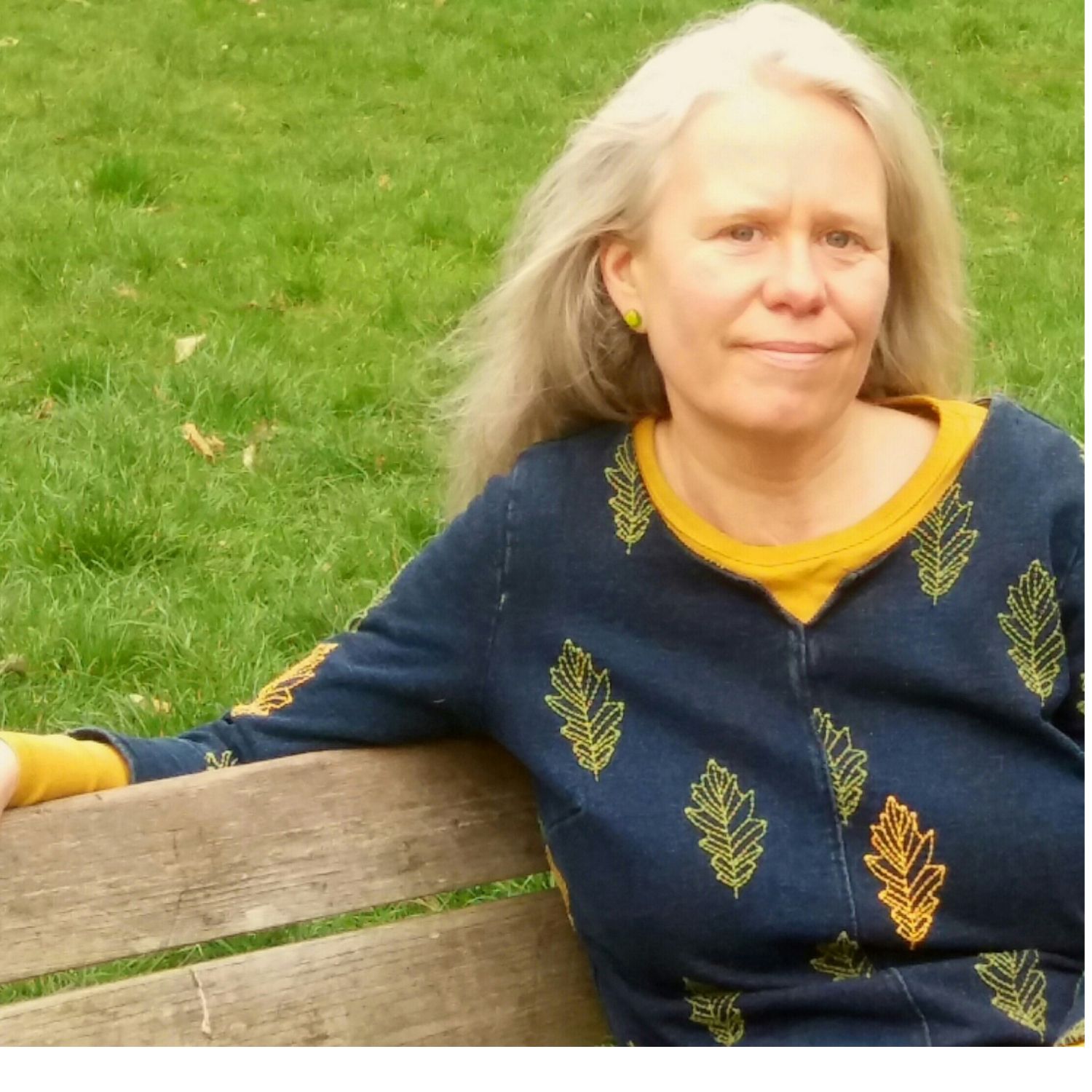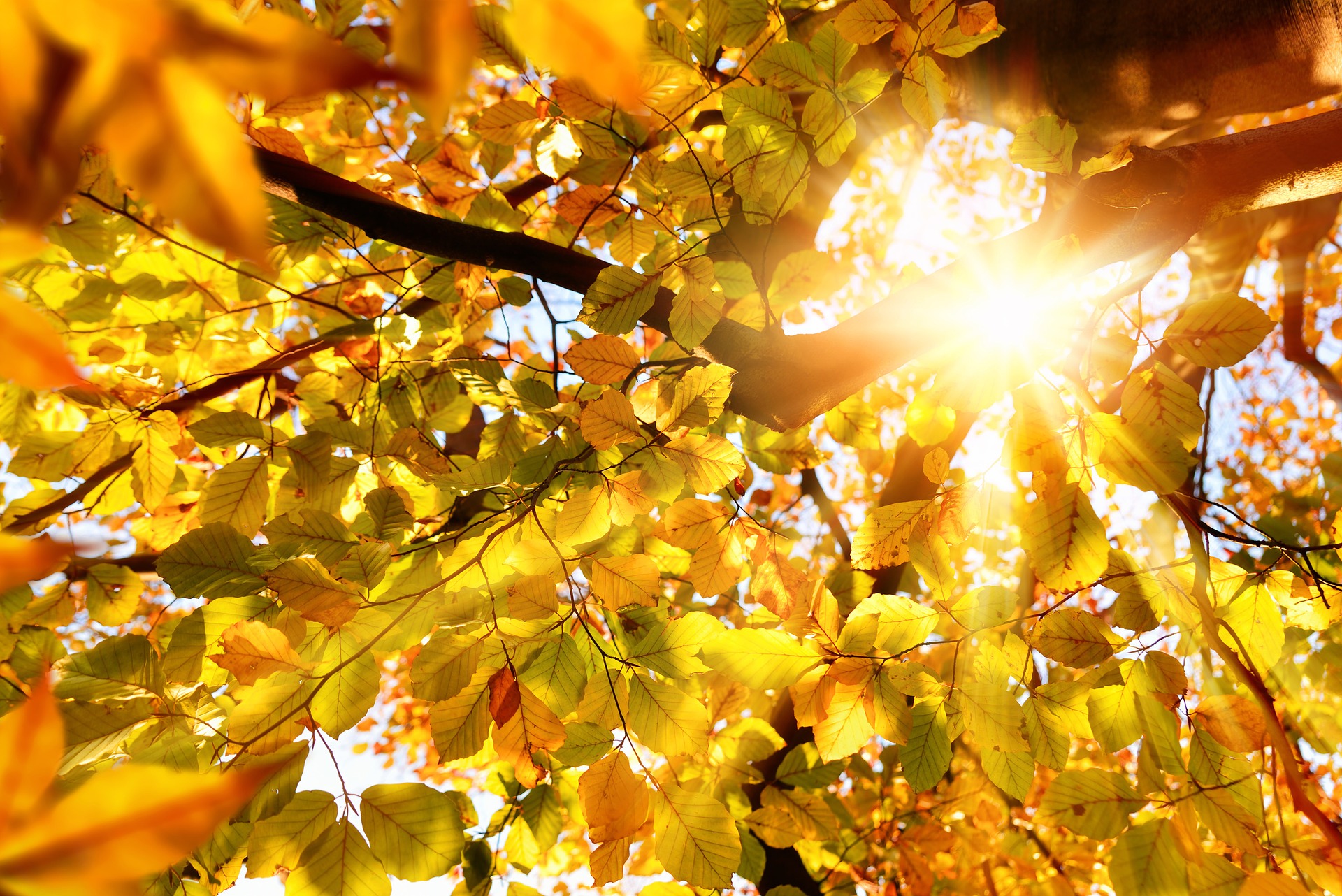Feeling gratitude for the life we have, despite all its darkness, can be difficult to achieve. But if you do, then you will feel the healing energy gratitude can have.
It was on an autumn walk, that I finally allowed gratitude enter my heart.
I was walking ankle deep through autumn leaves, surrounded by earthy colors and smells. A crow sat on the old black walnut tree, watching, silently. The air had turned colder in the darkness that was settling in.
Ahead, there was a new bench. The plaque read “To my friend …”.
The bench was dedicated to someone born after me, who had died before me.
Feeling tired, I sat down on the bench.
I felt sadness for the other, who had died so young and humbled that I am still alive. I started questioning my moments of self pity and anger about my life’s set-backs, including my cancer treatment a few years earlier.
Then a wave of gratitude came over me and I gave a silent thanks to whoever and whatever, while the crow was watching silently.
For a lot of us feeling ‘thanks’ and feeling gratitude for our lot in life may not come easy. I mean the kind of gratitude that is spiritual, that comes from deep inside the heart, and that is thankful for the life we have, despite it all.
In my upbringing (and perhaps in yours, too) it was good behavior to say ‘thank you’ and to say ‘sorry’, even if the circumstances did not deserve these sentiments. One fulfilled an expectation of good manners. That was a social norm. But it is not gratitude.
My late therapist, one of the most influential people in my life, would always call any challenge or difficulty ‘a gift’, that we need to meet with gratitude.
At first, I thought this was crazy. I did not know what he meant. It did not make sense. How can difficulties be a gift, when we end up suffering so much? No. To me, then, a problem, a disappointment, an act of unfairness, they all were a wound – yet another wound!
It was all very well for him to sit there, not feeling my pain, and talking of ‘gifts, acceptance and gratitude.’
Disappointment and anger with others, with life and with myself was blocking my connection with gratitude.
Part of me resented his ability to make sense of pain. I was jealous. He always struck me as a serene person, someone I so dearly wanted to be like. I did not want to suffer as much as I did.
My intuition told me, that he might be connecting with something that I could not yet feel: a different way of being in the world.
He had reached somewhere else, well ahead of me.
As much as I was angry with him for saying what he said, I also trusted him, that somewhere, somehow, someday I, too, would be able to feel gratitude for my life’s experiences.
Gratitude is about accepting our pain, not passively, but actively, with conviction.
As my self awareness grew, I started to process some of my old pain. I understood better my patterns of thought, beliefs and behavior.
I started to befriend my inner critic, who was a little girl desperately trying to do as she had been told by the adults when I was young. But there was no more need to struggle so hard and to be so harsh on myself.
As I understood the connection between all that and my life experiences, I started to create more space for the possibility of looking at my life in a new and different way, with compassion and self love.
A prison door had opened and I felt less limited by my life’s and others’ acts towards me.
I started to feel more confident in my self worth and intuition, the depth of my soul and the choices I have in life.
Painful experiences still hurt, but not in the same way – not as intensely as before, and not for as long as before.
Eventually, I, too, started to refer to challenges as gifts and opportunities.
My way of looking at life had opened up into another universe, which is based on hope, patience, wisdom, but most importantly on compassion for myself, which is stronger than fear, pain, anger or resentment.
Gratitude helps us to forgive.
Sitting on the bench, that autumn day, I started to feel a more intense connection with giving thanks. Not just a relief that I am still alive, but a thankful gratitude, that reaches deeper than rational meaning.
Finally, I was in a place where I could start to forgive myself and others and start living in peace.
Sitting on a bench that marks the life and death of another, my ‘thanks giving’ felt time-less.
It was not a thanks for the past or the possibilities of a future.
It was a silent acknowledgement of the here and now.
Giving thanks for that moment felt peaceful. It had started to sooth a wound deep inside of me, my fear of dying.
Gratitude has a healing power, even if it does not cure.
I need to give thanks and feel gratitude for the life I have more often.
Gratitude needs to be kept alive for it to keep our soul alive.
And the leaves were rustling. The crow had moved on.
Based on an article originally published by The Real Us.
To receive Karin’s newsletter please sign up here.


